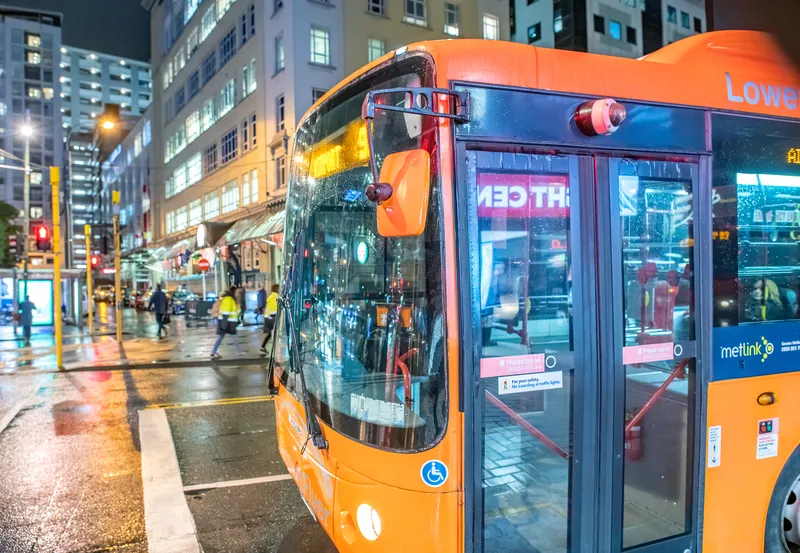
In January, Moovit’s MaaS APIs were integrated with Cubic’s Traveler app and the companies now say they will leverage Cubic’s mobile payment and fare collection technologies and Moovit’s multimodal journey planner "to create a platform that offers travellers a seamless and frictionless mobile experience".
“Currently, the trip planning and payment process of public transportation is largely disjointed, resulting in rider confusion and uncertainty,” said Nir Erez, CEO of Moovit.
“Enabling people to plan and pay for mobility services – through one app – makes getting around much easier, and will help shift them from using private cars to public and shared transportation."
Cubic’s MaaS offerings for public transit agencies include back office systems, cloud-based ticketing solution TouchPass and the NextBus real-time passenger information service.
In a statement the companies say: "The platform is built to grow public transit ridership, reduce congestion and improve the travel experience, by also integrating real-time arrival information, digital engagement and incentives, and operator intelligence.
Jeff Lowinger, president of Cubic Transportation Systems, adds: “As digital, mobile and platform technology continues to change the transportation landscape, we will deliver seamless, user-centric solutions that will improve the way travellers move through their cities.”










